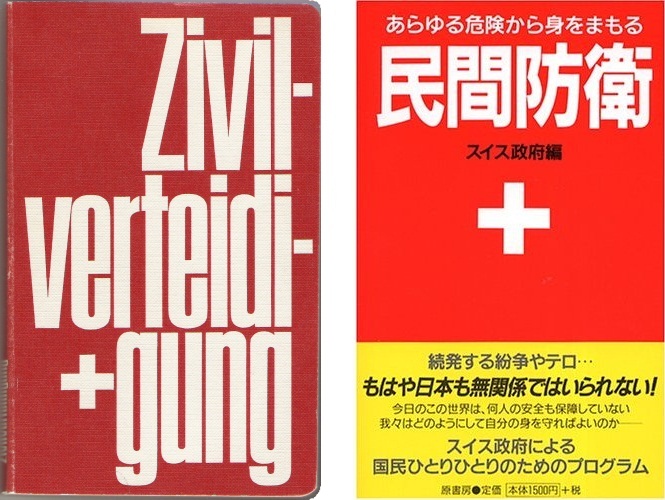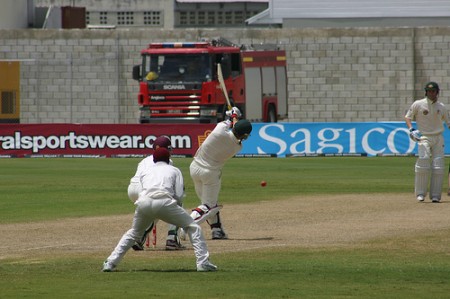
The question intrigued me. When abroad, I am used to being asked whether it was true that all Swiss men had a military rifle at home. But, before a Japanese friend asked me about it the other day, I had never heard about a book called Civil Defense, which in the 1960s was apparently handed out to every household by the Swiss government. What was she talking about? And why on earth is a dated Swiss book, unknown to me, popular among the Japanese?
The volume was known in Switzerland as the “red booklet“, which is a double irony: the ‘booklet’ is 320 pages long and full of anti-communist ideology. Zivilverteidigung (Civil Defense) was published in 1969 and 2.6 million copies were distributed to Swiss households for free. It served two purposes: 1) as a guide for the Swiss population about how to behave during, and prepare for, national disasters, including nuclear war; and 2) to instill a spirit of patriotism and resistance towards everything foreign and dangerous (at that time, mainly communism).
The red booklet included lyrics of patriotic songs and, most interestingly, two versions of a story in which Switzerland is threatened by revolutionary forces supported by an outside power. In the first version, written on the right-hand pages of the book, the Swiss people resist and save their country; in the second version, written (of course) on the left-hand pages, the revolution succeeds and Switzerland collapses.
Just a year after its publication in Switzerland, in 1970, Civil Defense was translated into Japanese, and that’s not all: Minkan Bōei (民間防衛), as it’s known in Japanese, was re-published in 1995 and again in 2003. With 150,000 copies sold in all, it isn’t quite a best-seller. Nevertheless, the red booklet remains popular in Japan.
Not so in Switzerland, where it was already out of fashion at the time of its original publication:




